Product Description
Cytotec is a powerful synthetic medication primarily used for the prevention and treatment of gastric and duodenal ulcers, especially those associated with the use of non-steroidal anti-inflammatory drugs (NSAIDs). As a chemical analog of prostaglandin E1, Cytotec enhances the protective lining of the stomach by stimulating increased mucus and bicarbonate production, which helps shield the gastric mucosa from acid damage. It also acts directly on the parietal cells of the stomach, effectively reducing both basal and nocturnal acid secretion, as well as meal-stimulated acid output. Due to its dual role in protection and suppression of gastric acid, Cytotec is often prescribed to patients with a high risk of gastrointestinal complications. When taken as directed, it contributes to a significant reduction in ulcer formation and promotes overall gastrointestinal health.
How to Take
Cytotec is available in oral tablet form, with each tablet containing 200 µg of the active ingredient. It should always be taken exactly as prescribed by a qualified healthcare provider. The typical dosage ranges from 200 to 400 µg per administration, depending on the patient’s condition and tolerance. For individuals with renal impairment or heightened sensitivity to the medication, the dose should not exceed 100 µg to minimize risks. Dosage frequency and duration are determined based on individual health status and therapeutic goals. Overdose of Cytotec can lead to serious health complications, so any signs of adverse reactions should prompt immediate medical attention.
Safety Information
Due to its potent pharmacological effects, Cytotec should only be used under the guidance of a medical professional and strictly according to the prescribed indications. It is contraindicated in individuals with severe liver conditions, inflammatory bowel diseases, renal failure, or enteritis. Pregnant women must not use Cytotec as it can induce uterine contractions and potentially cause miscarriage. Breastfeeding during treatment is also strongly discouraged, and effective contraceptive measures must be used during the entire therapy and for at least one month after discontinuation to prevent any harm to a developing fetus. This medication is not intended for children or adolescents under the age of 18. Patients should inform their healthcare provider about any other medications, supplements, or herbal treatments they are using to avoid harmful interactions and ensure a safe treatment plan.
Side Effects
Cytotec, like many medications, may cause side effects, although not everyone will experience them. Adverse reactions can affect several systems in the body:
The Digestive System:
- Abdominal pain
- Flatulence
- Diarrhea
- Constipation
- Nausea
Allergic Reactions:
- Skin rash
- Itching
- Angioedema
The Reproductive System:
- Abdominal cramps
- Dysmenorrhea
- Menorrhagia
Other Potential Effects:
- Changes in body weight
- Asthenia
- Increased fatigue
- Seizures (rare, primarily in pre- or post-menopausal women)
Most side effects are mild and manageable, but any persistent or severe symptoms should be reported to a healthcare provider immediately. Regular monitoring during treatment can help ensure both the safety and effectiveness of Cytotec therapy.

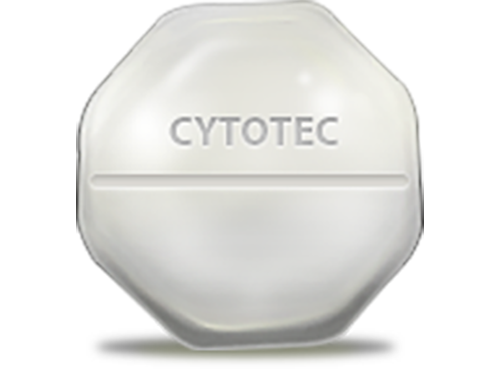


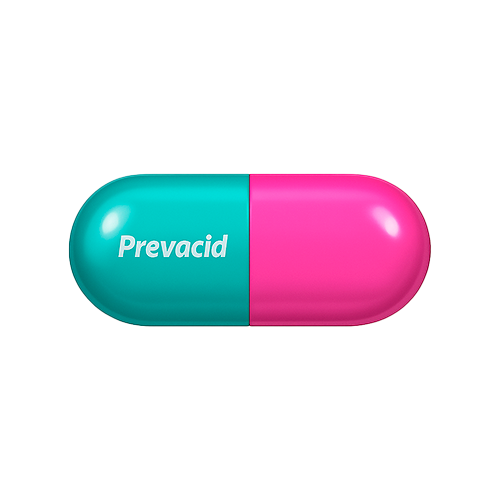
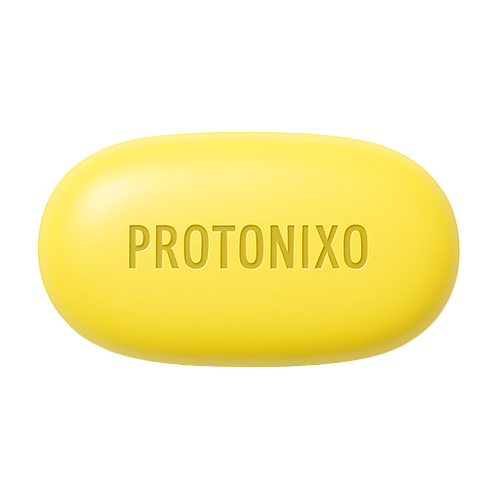
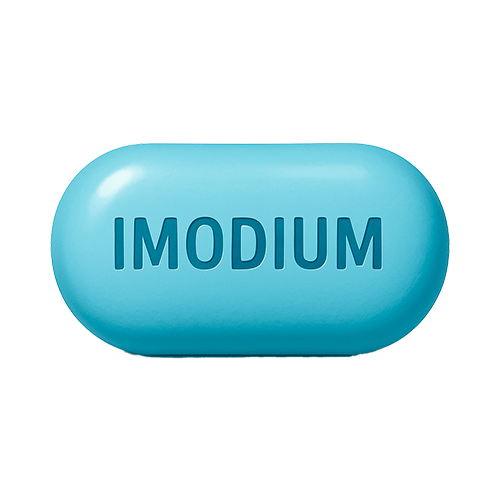


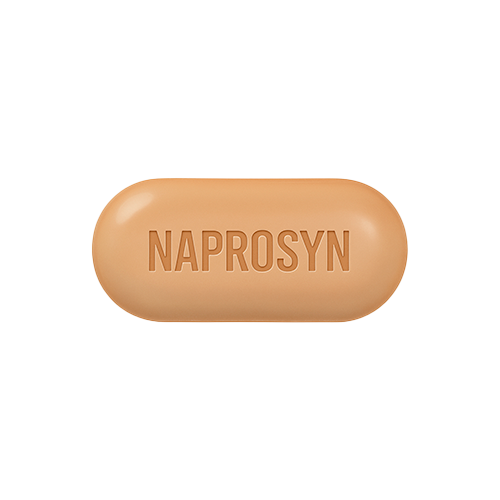

Reviews
There are no reviews yet.